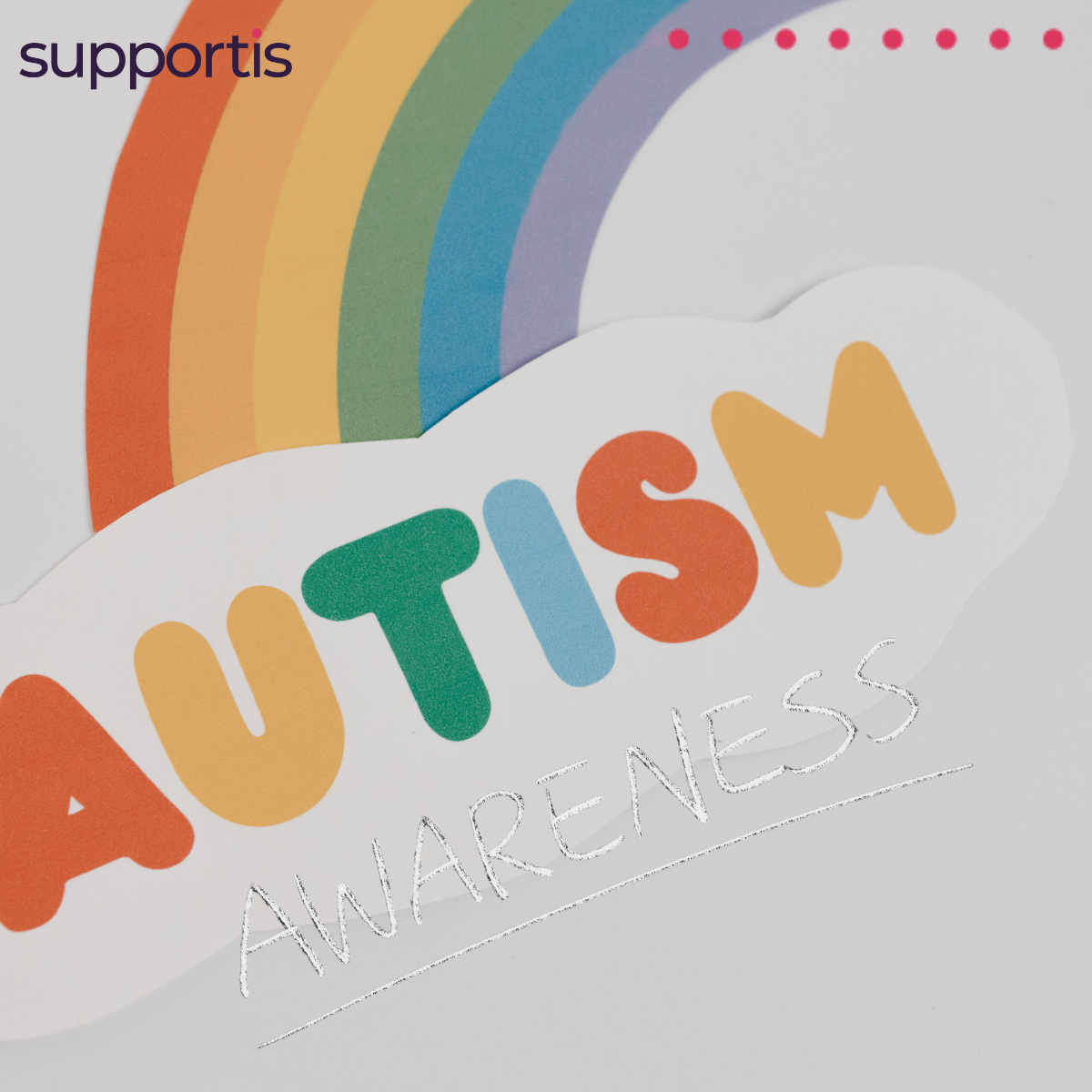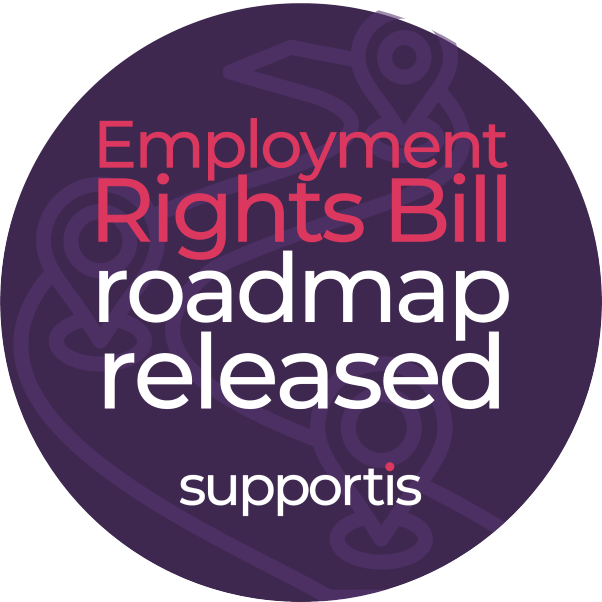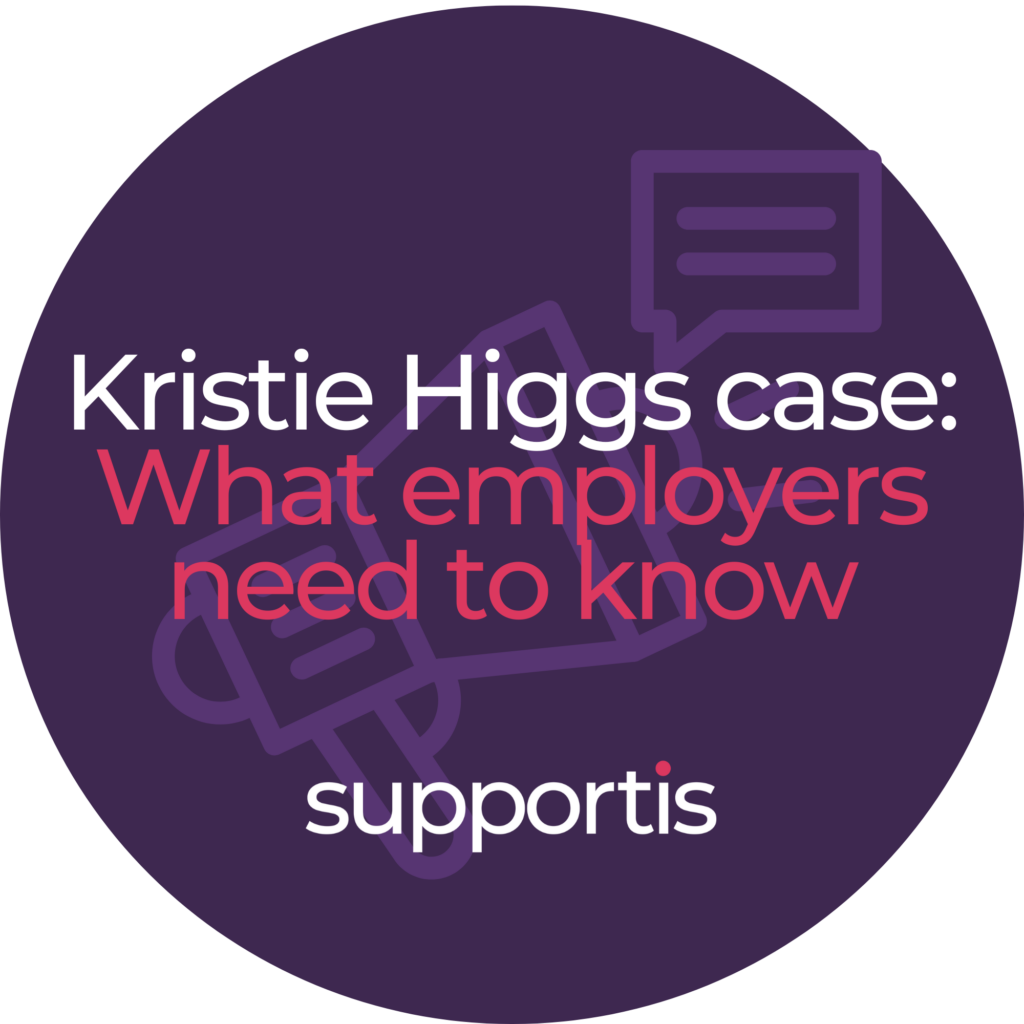How can employers support autistic employees?
The Buckland Review of Autism Employment, a Government-backed review into how employers can improve efforts to recruit and retain neurodiverse employees, has set out a vision for workplace culture changes to support autistic people so that they can start and stay in work. The review incorporates feedback from hundreds of employers and autistic individuals.
Currently, only 30% of working-age autistic individuals have jobs, compared to 50% of disabled people and 80% of the general population (DWP figures).
Mims Davies MP, Minister for Disabled People, Health and Work, welcomes the review, stating it will “help autistic people thrive” in the workplace. She encourages employers to adopt the review’s recommendations and collaborate to create a more inclusive workforce.
What does the report say?
The review considered five themes:
- What initiatives can help to raise awareness, reduce stigma and improve the productivity of autistic employees
- What more could be done to prepare autistic people effectively for beginning or returning to a career
- How recruitment practices can be adjusted to meet the needs of autistic applicants
- How employers can identify and support autistic people already in their workforce
- How autistic staff can be encouraged and supported to develop and progress in their career
The review highlights that the biggest barrier to accessing employment for autistic people is a lack of understanding and negative stereotypes.
It also found that application and interview processes are rarely adapted to suit the needs of autistic people. Autistic jobseekers face barriers from vague job descriptions, ambiguous interview questions and sensory environments. Too often the emphasis is placed on social skills rather than job skills.
Access to reasonable adjustments is inconsistent. In most cases the onus is on the autistic employee to identify and advocate for adjustments. Around 1/3 of autistic employees felt unable to discuss their adjustment needs at all, and those who did request adjustments, over a quarter were refused and more than 1 in 10 found the adjustment was poorly implemented.
Recommendations
A key recommendation is the introduction of a taskforce to oversee the implementation of these recommendations.
Autistic people report that a lack of understanding and negative stereotypes are the biggest barriers to them entering and staying in work, so we welcome the recommendations in this report to create a national campaign to build awareness and the introduction of a multidisciplinary taskforce, aimed at changing employer behaviour. Simple steps we suggest employers take to support neurodiverse employees include:
Communication
Clarity: Use clear and concise language in written instructions, emails, and presentations.
Directness: Be direct and avoid sarcasm or humor that might be misinterpreted.
Multiple Formats: Offer instructions in different formats (written, visual aids) to cater to different learning styles.
Sensory Awareness
Lighting: Consider adjustable lighting options to accommodate those sensitive to bright lights.
Noise: Explore ways to reduce noise distractions, like designated quiet spaces or noise-cancelling headphones.
Fragrances: Encourage a fragrance-free environment to minimise sensory overload.
Work Environment
Flexibility: Offer flexible work arrangements, like working from home or adjusted break schedules, to support individual needs.
Predictability: Maintain a predictable work routine whenever possible, with clear expectations and deadlines.
Quiet Space: Provide access to a quiet space where employees can de-stress or focus on tasks.
Support Systems
Reasonable Adjustments: Be open to discussing and implementing reasonable adjustments (like assistive technology) to help autistic staff perform their duties effectively.
Training: Educate managers and colleagues about autism to foster understanding and create a more inclusive workplace.
Open Communication: Encourage open communication where autistic staff feel comfortable discussing challenges and requesting support.
Recommendations from the Buckland report include:
- signing up for the Autistica Neurodiversity Employers Index to access guidance on designing inclusive processes and procedures
- encouraging career progression by developing packages of training focused on autistic staff
- improving recruitment by ensuring careers advisers can provide appropriate advice to autistic jobseekers
- supporting autistic people who are already in the workplace by producing “autism design guides” to create appropriate premises, furnishings and equipment
- working with software suppliers to develop IT systems that meet autistic people’s needs.
By addressing these issues, the report aims to bridge the autism employment gap and ensure autistic people have equal opportunities to succeed in the workforce.
Supportis can help employers with all aspects of HR Employment Law and Health & Safety, including documentation/policy creation, amendments, management training and development. We have a team of experienced professionals who provide advice and support to thousands of employers.
To speak to our team and see how we can help your business flourish, contact us today on 0161 603 2156 or email us at [email protected]
Check us out on Instagram and LinkedIn, we post bitesize news snippets and reminders every weekday for employers like you to stay one step ahead!




